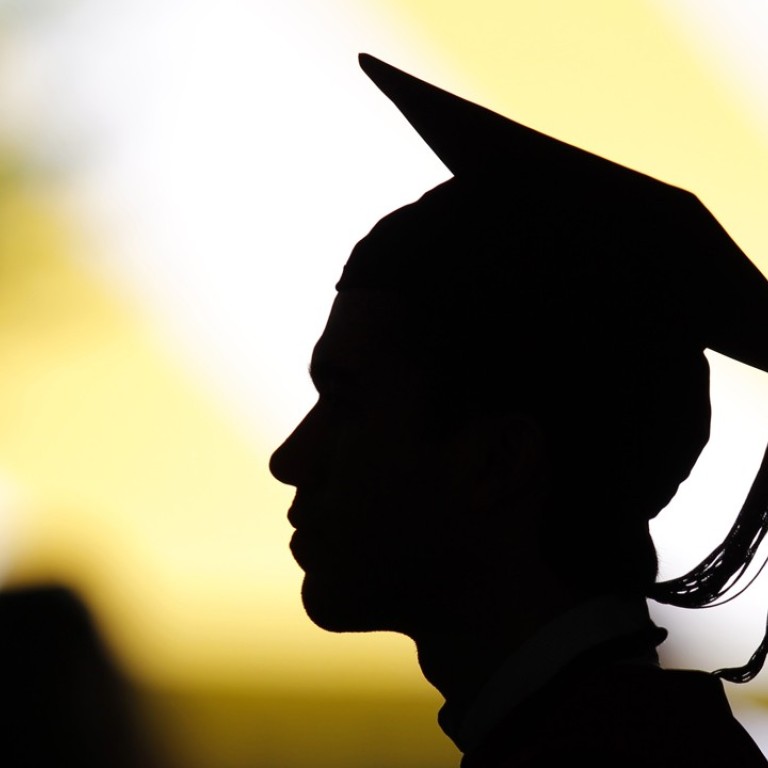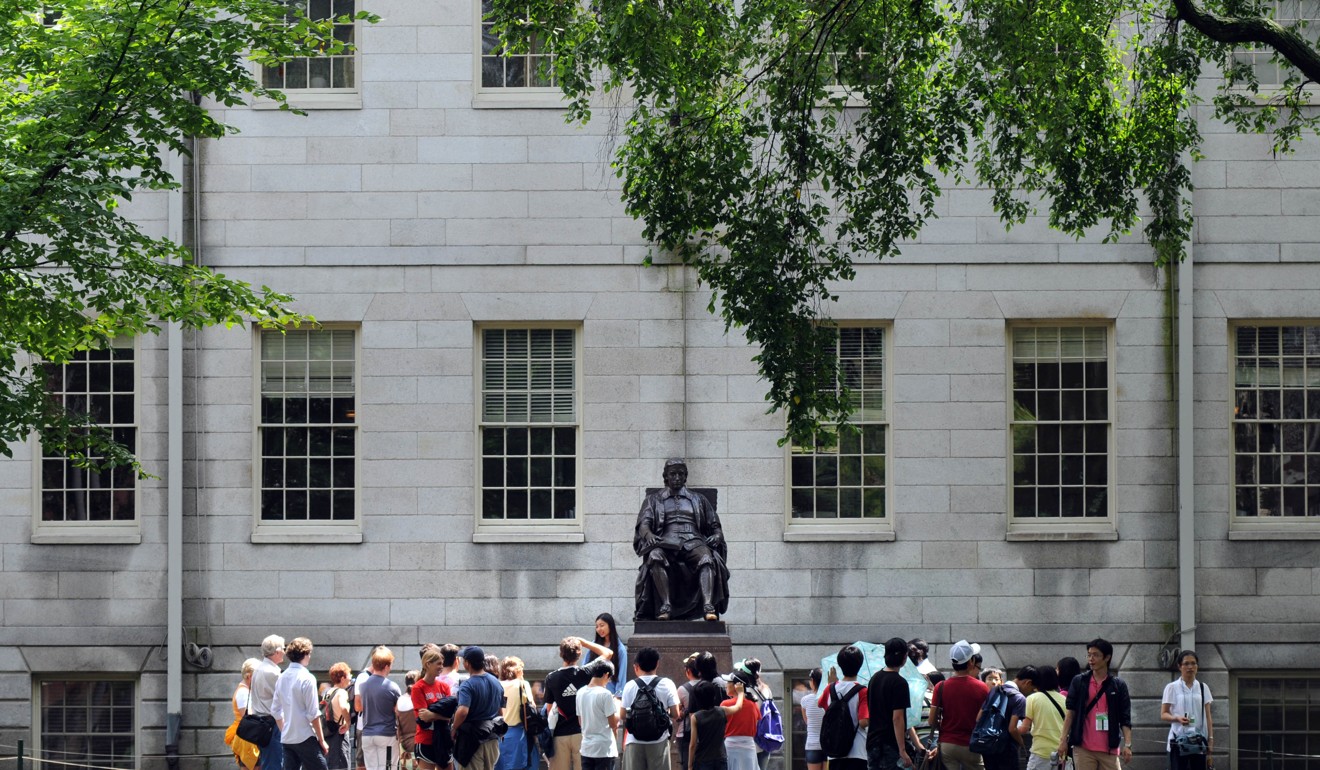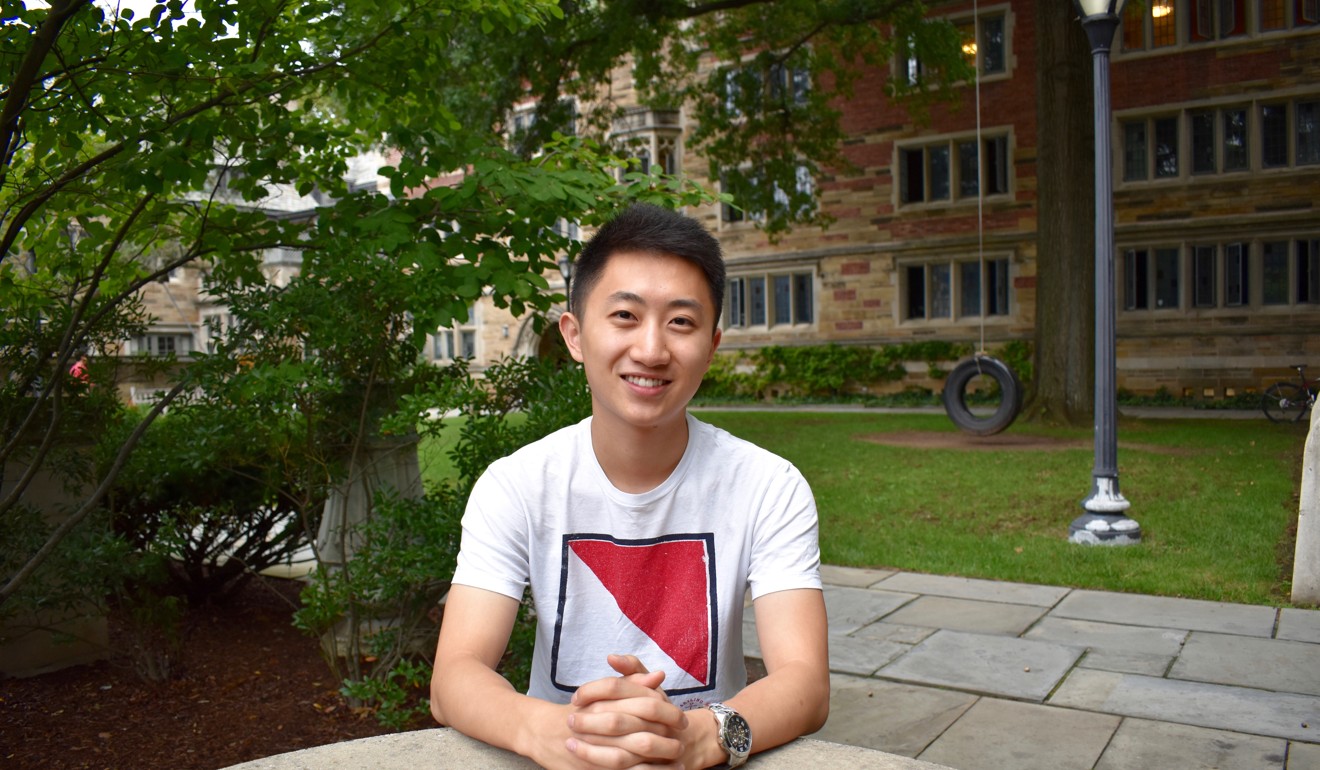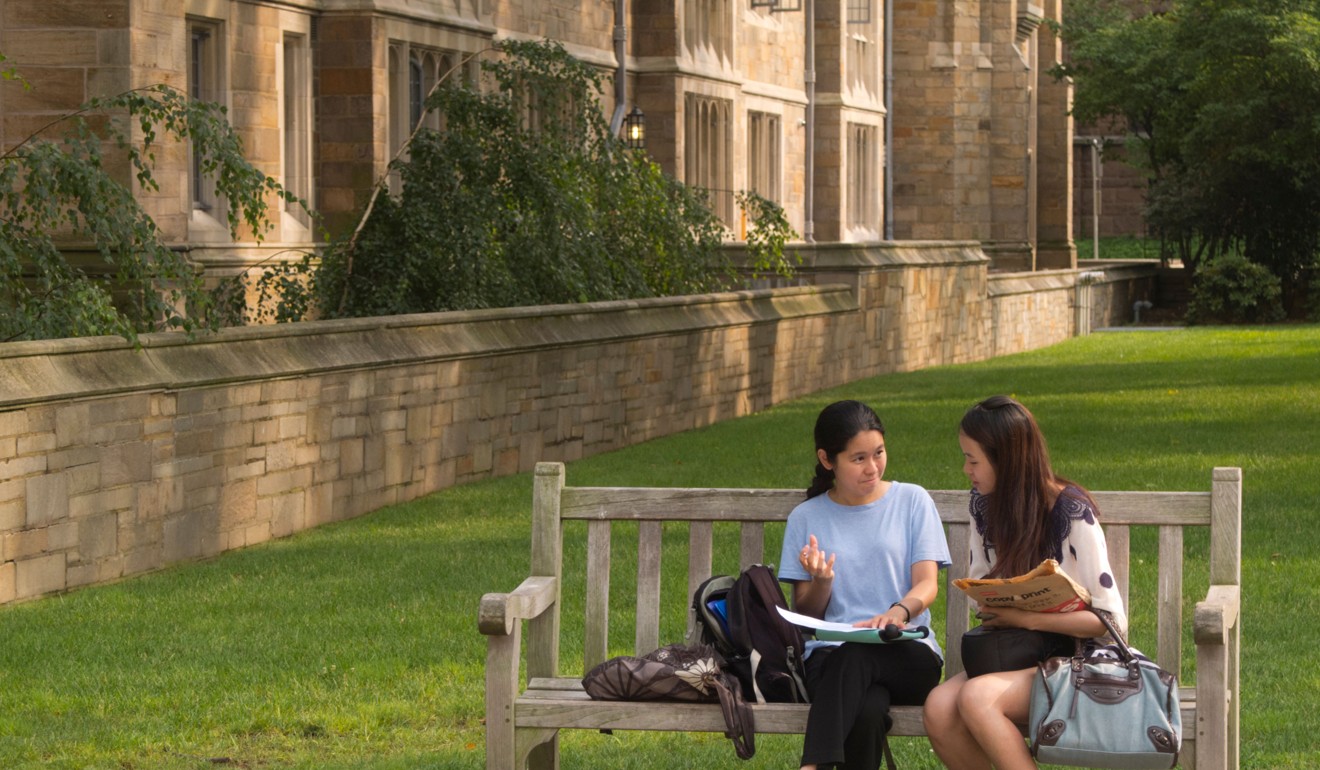
Ivy League affirmative action case divides US Chinese community
A lawsuit against Harvard University is claiming diversity policies discriminate against Asian Americans, but not everyone agrees
A bitter legal battle with Harvard University that is set to play out in a courtroom next month could potentially affect the future of many ethnic Chinese students who aspire to enter one of America’s most competitive academic institutions.
The lawsuit has reignited a long-simmering debate in the US about affirmative action, a policy that has safeguarded racial diversity on American college campuses for decades.
The plaintiffs, a group of Asian-American students Harvard rejected, contend that the university intentionally and systematically discriminates against applicants on the basis of race.
If they win, and Harvard is forced to dismantle its affirmative action admissions policy, decades of progress towards racial equality in American education could be reversed.
DEATH KNELL
“That will be the death knell of diversity in US colleges throughout the country,” said Nicole Ochi, a Los Angeles-based lawyer for the civil rights advocacy group Asian Americans Advancing Justice.
The case touches on a highly sensitive issue for the Asian-American community, many of whom are the children of immigrants who have emphasised the importance of education as the key to social mobility.
Ivy League schools rally to Harvard’s side to fight admissions lawsuit claiming anti-Asian discrimination
Numerous Asian-American groups have come out to argue fiercely for either side of the lawsuit, which has galvanised and divided an entire community.
The trial, scheduled for October, comes after the Trump administration scrapped legislation that had been introduced by the previous US president, Barack Obama, which encouraged affirmative action on campuses.

In practice, affirmative action means promoting diversity on campus by favouring applications from disadvantaged ethnic minority students, who have been historically held back from societal advancement by racially discriminatory policies.
Public universities are forbidden by law from exclusively using racial quotas to determine admissions, but many elite institutions still consider race as a factor when deciding on which students to admit.
Backed by the US Department of Justice and led by the conservative legal strategist Edward Blum, the plaintiff group Students for Fair Admissions contends that Harvard intentionally and systematically discriminates against Asian-American applicants, in favour of less-qualified white, Hispanic and African-American candidates.
The SFFA backed its claims with an analysis of admissions data.
Harvard contends that SFFA’s analysis is deeply flawed, and does not take into account students who were legacy admissions or college athletes. The university countered the findings with its own specially commissioned study that found no evidence of discrimination against Asian Americans based on their ethnicity.
‘SERIOUS ONGOING DISCRIMINATION’
Although Yale sophomore Kenneth Xu does not support the lawsuit, he believes that it has helped shed light on the “serious ongoing discrimination” against Asian Americans in elite college admissions.
“It was always an open secret,” said the 19-year-old, whose parents are US immigrants from Zhejiang province in eastern China.

Xu values affirmative action for the racial diversity it brings to campuses, but also claims it can be “heavy-handed”.
“Affirmative action gives extra points to the applications of African-American, Hispanic and Native American students, while allegedly taking away points from Asian Americans in the form of personal or intangible ratings,” he said.
“That aspect seems unfair of course, but it’s the only way that the racial composition of elite colleges like Harvard can maintain eerily consistent racial distributions every single year.”
TALENTED ASIAN APPLICANTS LOSE OUT
Xu, who is also a college counsellor, believes that talented Asian applicants often lose out on places to recruited athletes, or children of alumni or wealthy donors.
“These types of VIP applicants are overwhelmingly white, privileged teenagers who may not have worked as hard as many of my overqualified Asian friends,” he said.
“Obviously it stings to be rejected from your dream college only to see someone who appears less deserving get accepted, as many of my clients and family friends have experienced.”
Xu said that, to circumvent this issue, he and many other Asians he knew actively avoided exhibiting common racial stereotypes to stand out from other applicants with perfect test scores. He highlighted his love of eco-activism and philosophy in his application, he said.
“I was annoyed that I felt pressured to do this, though I was never inauthentic or misleading,” he said. “Diversity is extremely valuable; it just comes at a certain price.”

Affirmative action advocates cannot stomach the harm that some Asian Americans are willing to inflict on other minority communities through their support of the lawsuit, especially when affirmative action has benefited them in the past.
“The lawsuit presumes that affirmative action does not benefit Asian Americans when, in fact, many Asian Americans actually receive a plus for their race, which may have helped them to get in to Harvard,” said Ochi, the lawyer with Asian Americans Advancing Justice.
University of Pennsylvania student Jessica Li, 20, believes that while affirmative action is not a wholly perfect solution, dismantling it would certainly not fix problems with campus diversity.
“I see a lot of privileged Asian Americans who work their hardest to get into these schools and feel disillusioned when they are rejected,” said Li, whose parents emigrated from China to the US for graduate school, and raised her in an affluent New Jersey suburb.
“But if getting rejected from Harvard or any of these elite schools is your biggest problem, then I think you’re going to be OK.
GREATER ISSUE
“I don’t want to downplay anyone’s hard work, but this is a greater issue; it has greater scope than just you getting rejected. Affirmative action is supposed to be a tool to serve underprivileged communities and marginalised students.”
Asian Americans remain by far the largest minority group represented at most Ivy League schools, making up more than 22 per cent of last year’s freshman class at Harvard – consistent with rates at other Ivies like Princeton and Yale. Only 6 per cent of the US population is Asian.
Trump administration sides with Asian-Americans in Harvard ‘racism’ case
In contrast, African-American and Hispanic students made up 14.6 per cent and 11.6 per cent respectively of Harvard’s 2017 freshman class.
The plaintiffs believe that Harvard keeps the numbers of Asians limited, arguing that their presence would shoot up to 40 per cent if racial preferences were abolished.
SKEWED RACIAL BALANCE
But affirmative action defenders believe this would further skew the racial balance on campus towards whites, while negatively impacting black, Hispanic and Asian students.
“Statistical evidence suggests that the end of ‘race-conscious whole person review’ at Harvard would lead to significant increases in white admissions and very slight increases in Asian-American admissions, at the expense of other students of colour,” said Dr Oiyan Poon, a professor of higher education at Colorado State University.
When California banned affirmative action in 1996, while the proportion of Asian Americans and whites slightly increased, African-American enrolment rates at University of California, Berkeley, plummeted from around 9 per cent to 3 per cent. In 2011 they dropped even further, to 2 per cent.
Similar drops in black and Hispanic admissions were also seen in the seven other US states where affirmative action has been outlawed at public universities, including Florida and Michigan.
Harvard denies admissions bias in suit by Asian-Americans
Ochi pointed out that it would be impossible for Harvard and other Ivy League colleges to judge applicants solely on quantifiable measures such as grades since they receive far too many highly qualified applicants each year.
“So there have to be other culling mechanisms that focus on non-academic factors,” she said.
MODEL MINORITY
Another key problem is how the lawsuit leverages the “model minority” stereotype of the hard-working, academically talented Asian American – pitting Asians against other minorities.
“SFFA assumes that stellar academic scores and solid extracurricular involvement are sufficient to get into Harvard when they are not,” said Ochi.
Li, the Penn student, agreed.
“Many students I grew up with were like, ‘you need a sport, an instrument and really good grades’. There was almost a formulaic way of going about it,” she said.
“The model minority myth assumes that hard work is the only thing that separates you from any other candidate – which is wrong … But the great thing about the American admissions system is that it’s very holistic, and it’s not just about how good your grades and test scores are, it’s the other stuff that sets you apart.”

